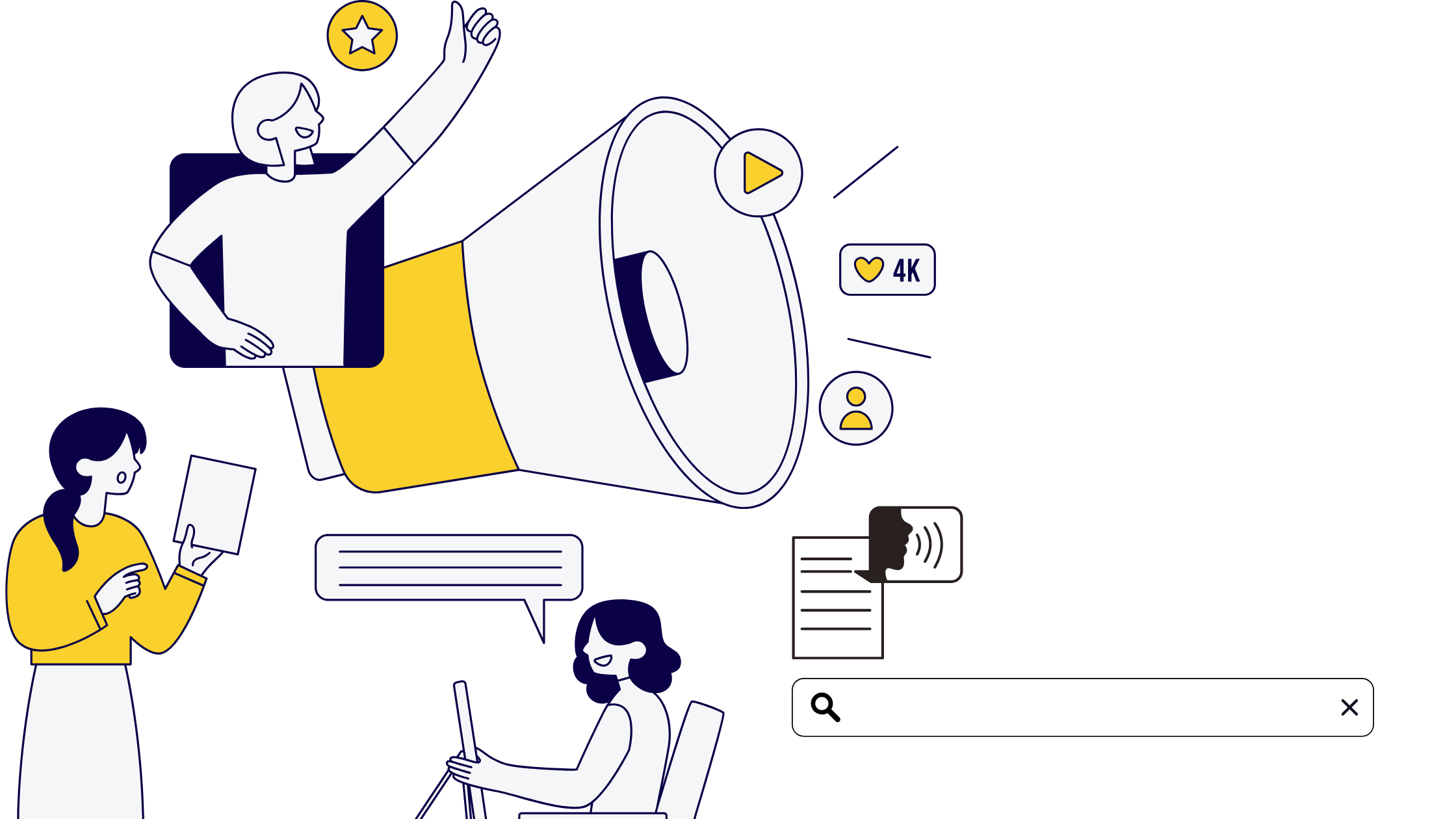Meta tags are HTML elements that provide metadata about a web page. Descriptions and keywords are the two major meta tags. Each meta tag provides search engine spiders or web browsers information about your website. Each meta tag is different and has its own unique and specific function. Even though some meta tags are minor, it can be a useful part of successful on-page search engine optimization.
Meta Description
A meta description is an HTML element designed to help provide an explanation of the webpage’s content. Search engine result pages, or SERPs, display meta descriptions as a preview or snippet of the information contained on a webpage.
Social networks like Google+, LinkedIn and Facebook pull information from meta descriptions when users show or share content.
Clear and concise meta descriptions allow users to accurately determine what information is on a given webpage. When a user enters a search term that pulls up a related webpage, a helpful meta description will often lead to an increase in relevant click-throughs. Meta Description should be treated with the utmost importance because this is what will attract your customers towards your content. Hence, they’re considered as a conversion factor and are used to raise rankings.
No two meta descriptions should be the same. It should be unique to the page it describes. Copying meta descriptions from other pages and reusing them is not helpful to users and is certainly not going to have a positive impact on organic rankings.
Meta descriptions may be any length, but search engines, social networks, and social bookmarking sites generally shorten the length of the description to between 150 and 160 characters long (including spaces, quotes, and punctuation). To ensure that a meta description will not get shortened by search engines, try to keep the page summary concise and avoid excessive punctuation that might push the description over the arbitrary character limit.
Meta Keywords
The content and relevancy of a page are evaluated by the meta keyword. It is an HTML element designed to help search engine crawlers. However, nowadays, the search engines no longer use the meta keywords for this purpose as it was widely abused to the point where it became unusable as a ranking signal–the search engines eventually stopped assigning any value to the keyword meta tag. So you can safely forego developing keyword meta tags during the optimization process; but if you decide to include them anyway, follow the below rules:
No Keyword Stuffing: don’t just write a large list of keywords or keep repeating the same keywords over and over.
No Massive Keyword Lists: don’t include every keyword you can think of on every page–only include a handful of relevant keywords for each page.
No Repetition: don’t use the same keyword meta tag on every page of your site







